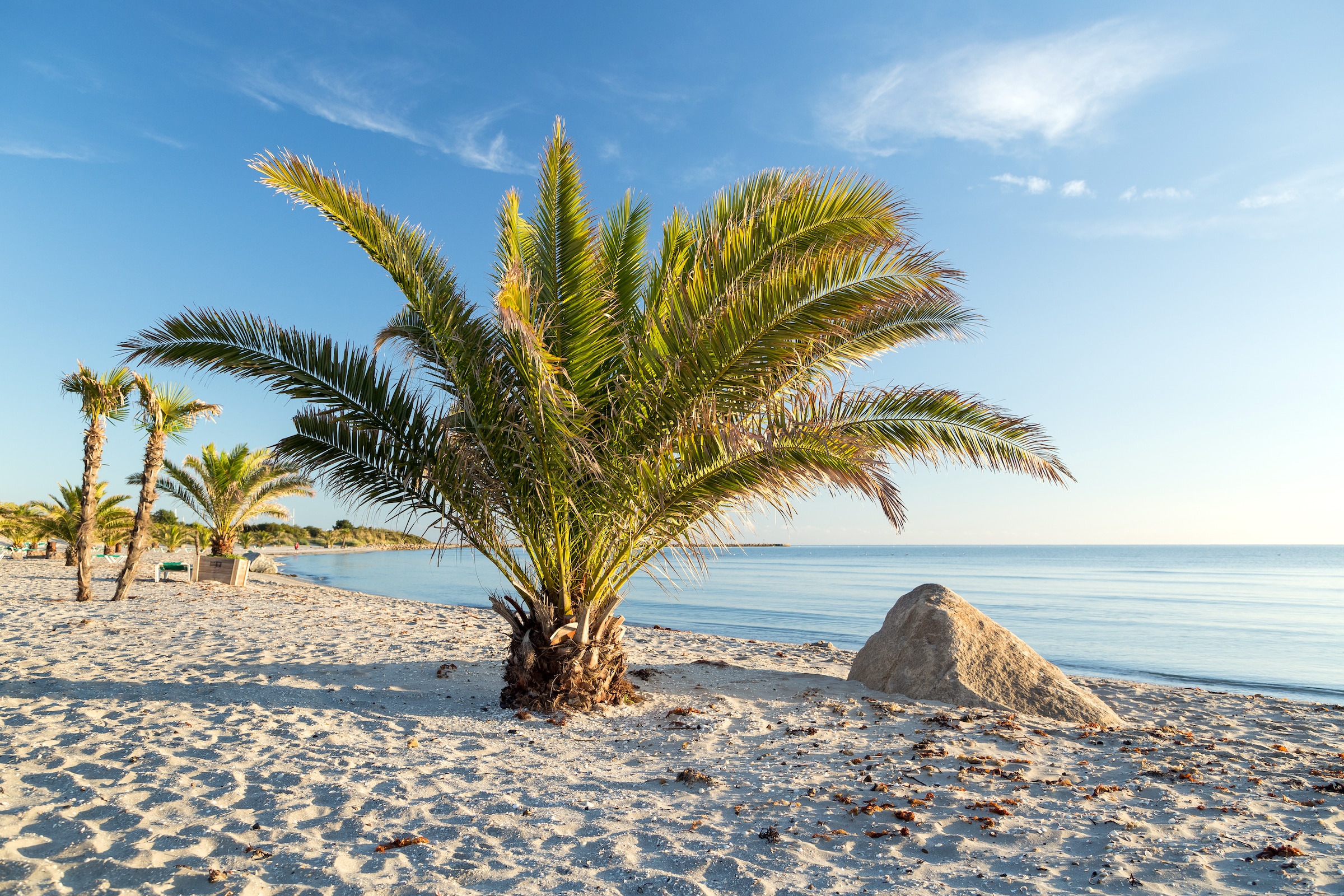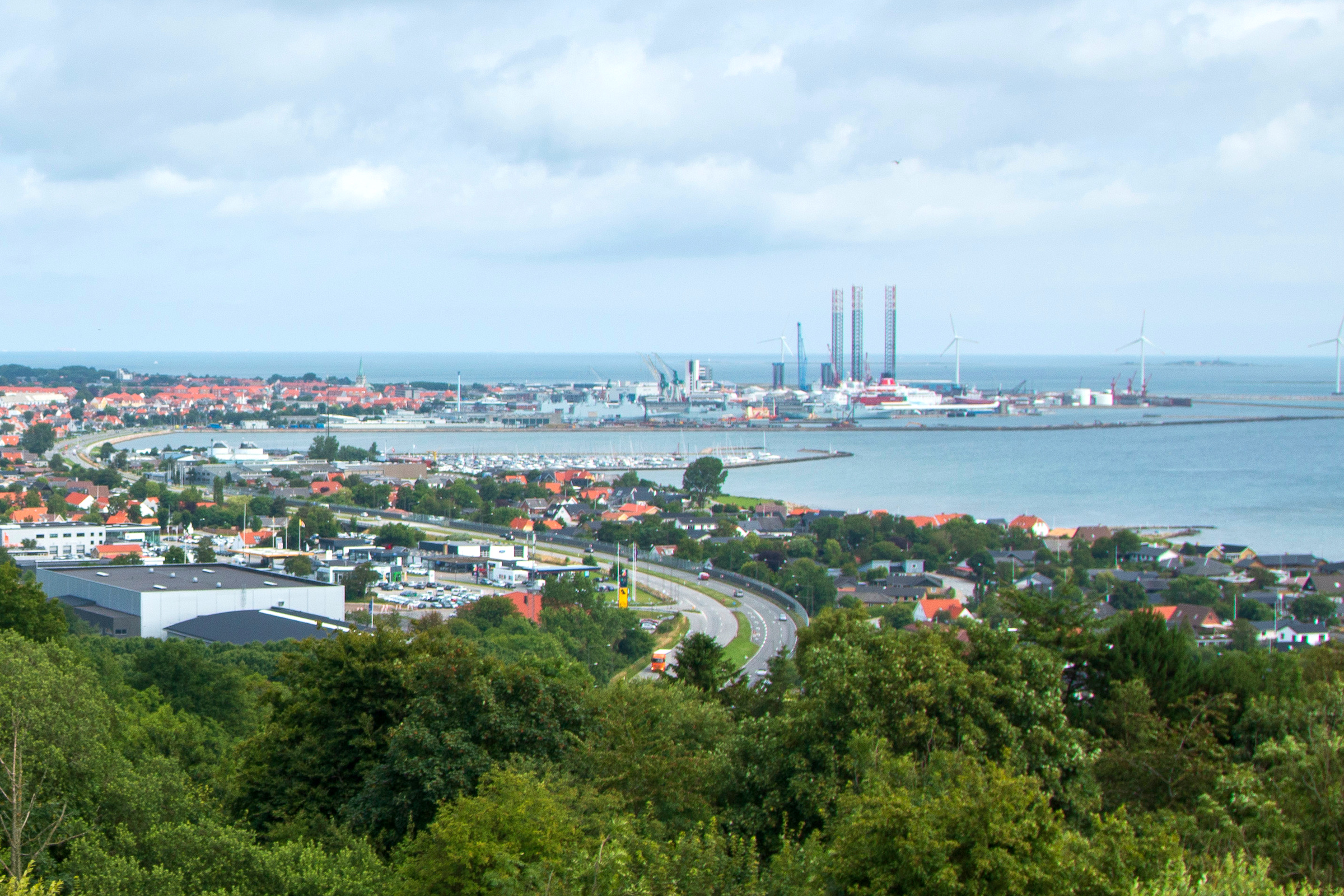Frederikshavn ferry port is located in the north of Denmark and is an important transportation hub in the Nordjylland region, with direct ferry connections to Oslo, Gothenburg and the island of Læsø.
Directions to Frederikshavn ferry port
- By car
Frederikshavn can be reached via well-developed roads and highways. From Aalborg, a larger city nearby, the E45 leads directly to Frederikshavn. - By plane
The nearest major airport is Aalborg. From there you can continue to Frederikshavn by car, cab or public transport. - Public transportation
Frederikshavn is also easy to reach by train and bus. There are direct train and bus connections from Aalborg and other major Danish cities. The train station is located close to the ferry port, which makes traveling by public transport particularly convenient.
Things to see in Frederikshavn
Frederikshavn has a number of sights that reflect the city's cultural and historical diversity:
- Bangsbo Museum and Manor House: the museum is housed in a beautiful old manor house surrounded by magnificent gardens and woods. The exhibitions focus on local history and nature.
- Krudttårnet: Part of the old fortress, the Powder Tower, is now the town's landmark. It tells of Frederikshavn's military importance in the past.
- Frederikshavn Kirke: The church in the center of the city is known for its beautiful architecture and peaceful atmosphere.
- Palm Beach: A man-made sandy beach that is reminiscent of the Caribbean and invites you to relax and enjoy.

From fishing village to important ferry port
Frederikshavn's history is closely linked to the sea and the maritime industry. Originally a small fishing village called Fladstrand, the town developed in the 16th century with increasing trade and shipping. In 1818, it was officially named Frederikshavn in honor of King Frederik VI. The city played a strategic role in the Napoleonic Wars and in both World Wars. Its history is characterized by this maritime orientation, which still influences the cityscape and economy today.
The port is the beating heart of the city and one of the largest and most important in Denmark. It serves as a central transshipment point for goods and passengers with regular ferry connections, especially to Sweden and Norway. In addition, the port has developed into an important location for the repair and maintenance of ships. The lively harbor atmosphere, lined with restaurants and cafés, reflects the importance and dynamism of this place.
Nature and surroundings
The nature around Frederikshavn is characterized by a fascinating coastal landscape, wide beaches and green forests. The region is ideal for hiking, cycling and nature watching. Particularly noteworthy are the hiking trails in nearby Bangsbo, which lead to some of the most beautiful viewpoints in the region. The Raabjerg Mile, Denmark's largest shifting sand dune, and the picturesque beaches of Tannis and Voerså offer unforgettable nature experiences. This natural diversity makes Frederikshavn an attractive destination for nature lovers and those seeking relaxation.
